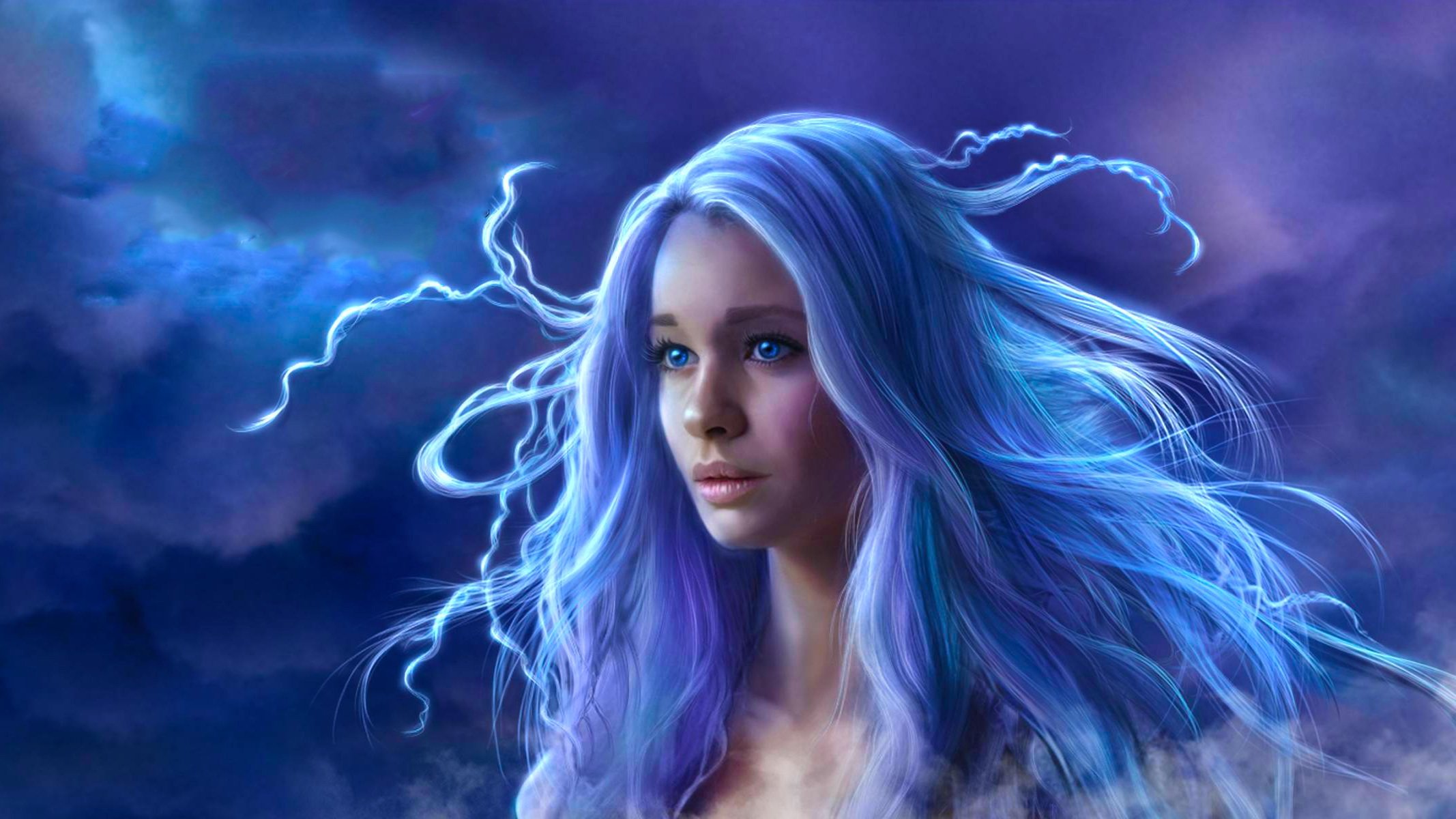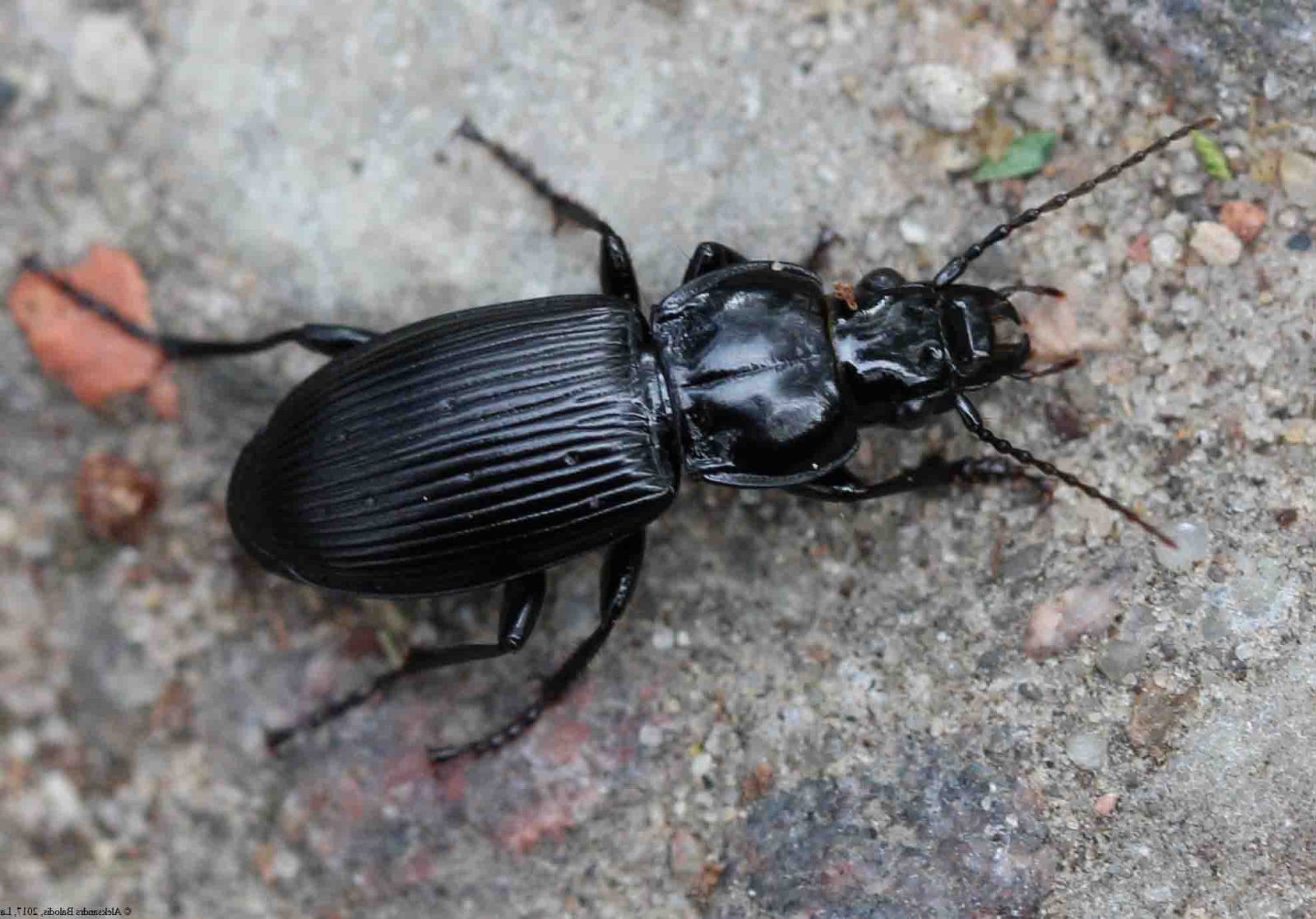Table Of Content

Blue Hair delves into the themes of self-discovery, identity, and societal beauty standards. The protagonist of the song is a girl with blue hair who is struggling with her self-image and the perception of others. As we conclude our exploration of the “blue hair meaning TV girl” phenomenon, it becomes evident that this trend goes beyond just an aesthetic choice. The portrayal of blue-haired characters in TV shows is an artful blend of storytelling, cultural symbolism, and creative expression. Whether representing rebels, magical beings, or deeply emotional individuals, these characters captivate audiences worldwide and leave a lasting impression.
Your Favorite Band is in the Dictionary
The lyrics touch on the unfair judgments based on appearances, hinting at a deeper societal critique. The line 'There's really no way of winning / If in their eyes you'll always be a dumb blonde' suggests the futility of trying to change oneself to fit the molds created by others. To conclude, "Blue Hair" is about the struggle to conform versus the urge to stay true to oneself. The girl chooses to conform, and the song laments the loss of her unique identity.
What Does Your Hair Color Say About You?
“Blue Hair” explores the themes of identity, self-discovery, and the transitions inherent in maturity. The song’s lyrics provide a poignant examination of the struggles that people go through as they try to find their place in the world. Animators use blue hair to represent a character’s personality and traits visually and to create a memorable and unique character design. A theme that isn’t so far off from the representation of TV Girl’s Blue Hair song. TV Girl’s “Blue Hair” has had a notable impact on pop culture since its release. The song’s lyrics and themes have resonated with many listeners, particularly those who have struggled with fitting in or conforming to societal standards.
Kate Hudson reveals where her relationship stands with biological father Bill
It’s about the journey from youth to adulthood, and the painful transitions that come with it. Through nuanced lyrics, the songwriter delves into themes of appearance, acceptance, and the bittersweet nature of change. This is not just a song about a girl with blue hair; it’s a narrative on the universal experience of growing up and the inevitable loss of innocence. A lot of people interpret this is being about s/h but I always felt like it was about growing up, and growing out of your more immature friends. “She’s getting older, I guess she’s gotta cut her blue hair off” blue hair is a bright unconventional colour, and it’s young it’s stupid, she cuts it off. “I guess I’ll just miss her, even though she isn’t even really gone”, mourning someone who isn’t dead is weird but it happens a lot especially in school and college and university.
Sailor Mercury, on the other hand, is a character from the Sailor Moon anime series with blue hair, known for her intelligence and analytical skills. Sailor Mercury’s blue hair is often seen as a symbol of her calm and rational personality. Some fans connected it to anime characters with blue hair, such as Hatsune Miku and Sailor Mercury. The song, decorated with nostalgic instrumental tones, carries with it a deep sense of longing, loss, and regret. TV Girl is an American indie pop band from San Diego, California, formed in 2010.
TV Girl Broadcasts To The "Freaky Little… - New Haven Independent
TV Girl Broadcasts To The "Freaky Little….
Posted: Thu, 12 Oct 2023 07:00:00 GMT [source]
Even though she isn’t really gone things are just different.”Whenever I listen to this song and this part comes on, I am reminded of my younger self. Some have suggested that the song is about suicide or drug use, while others have focused on the theme of beauty ideologies and how they affect the protagonist of the song. TV Girl’s ability to weave such profound themes into their music is what makes “Blue Hair” a standout song. It not only entertains us with catchy melodies but also invites us to reflect on our own journeys of self-discovery and growth. In other words the addressee values his opinion so much that a lack of proper response causes her self-esteem to dip even lower.
In addition to its impact on discussions about beauty standards, “Blue Hair” has also had an impact on the indie pop music scene. The song’s catchy melody and clever lyrics have made it a fan favorite, and it has been covered by numerous artists and featured in various media outlets. Its enduring popularity is a testament to its powerful message and the skill of TV Girl in crafting a memorable and impactful song.
Songs with similar meanings

And with this band being around since the early 2010s, they have thus far dropped four studio albums as well as a quartet of collaborative LPs. Just as men prefer blondes, women are known to prefer men with black hair, who are considered deep, reflective, meditative, serious, and sometimes melancholic. Black is by far the most common hair color in the world, with about 85% of the global population having a black hair color.
Best BL Anime Like Sasaki And Miyano - GameRant
Best BL Anime Like Sasaki And Miyano.
Posted: Sun, 14 Apr 2024 07:00:00 GMT [source]
In many TV shows, blue-haired characters are portrayed as rebels, defying norms and authority. The vibrant blue hue represents the defiance against established rules, showcasing a rebellious spirit. The song’s lyrics are open to interpretation, and listeners may find their own hidden meanings within the words.
Despite still being present in some form, the speaker acknowledges that things have changed since she cut her blue hair. This underscores the idea that significant events or choices can alter the course of one's life, even if the person remains physically present. The color blue, initially described as something vivid and striking, undergoes a transformation, becoming pale green by nightfall. This shift in colors can be interpreted as a metaphor for how perceptions change over time, and what may seem significant during the day can appear less so in the shadows. At the heart of 'Blue Hair' lies the story of a relationship strained by personal growth and the inevitable passage of time. The song masterfully juxtaposes the innocence and vibrancy of youth with the somber realities that accompany maturing, using the metaphor of blue-dyed hair to symbolize these themes.
The bold choice of this unconventional hair color showcases characters’ willingness to break away from societal norms and be their true selves. This can be interpreted as a commentary on how perceptions of ourselves and others can change under different circumstances, highlighting the ephemeral nature of our youthful personas. The protagonist in "Blue Hair," as referred to by many enthusiasts, appears to be dealing with life's transitions while navigating their romantic relations.



















